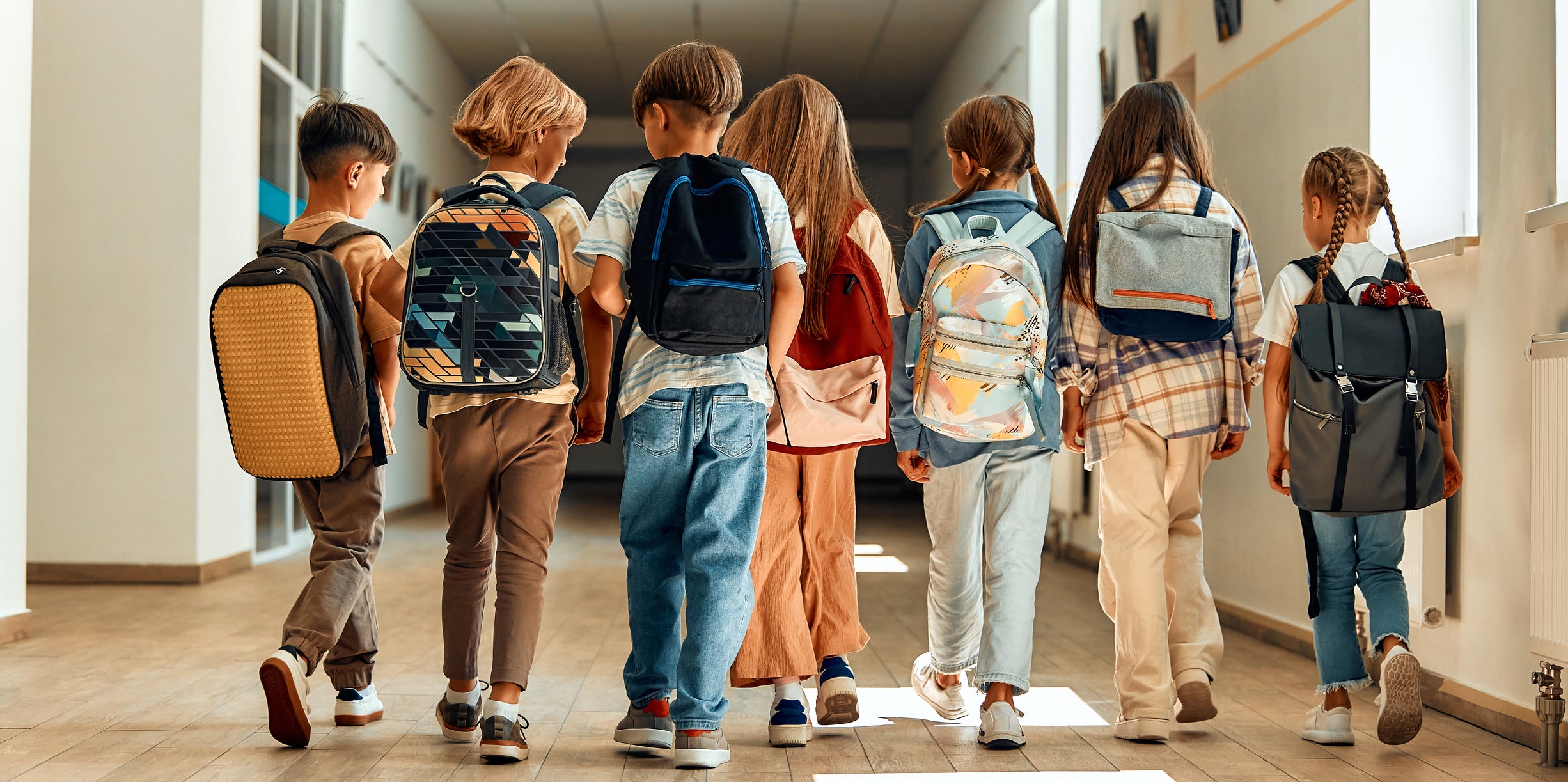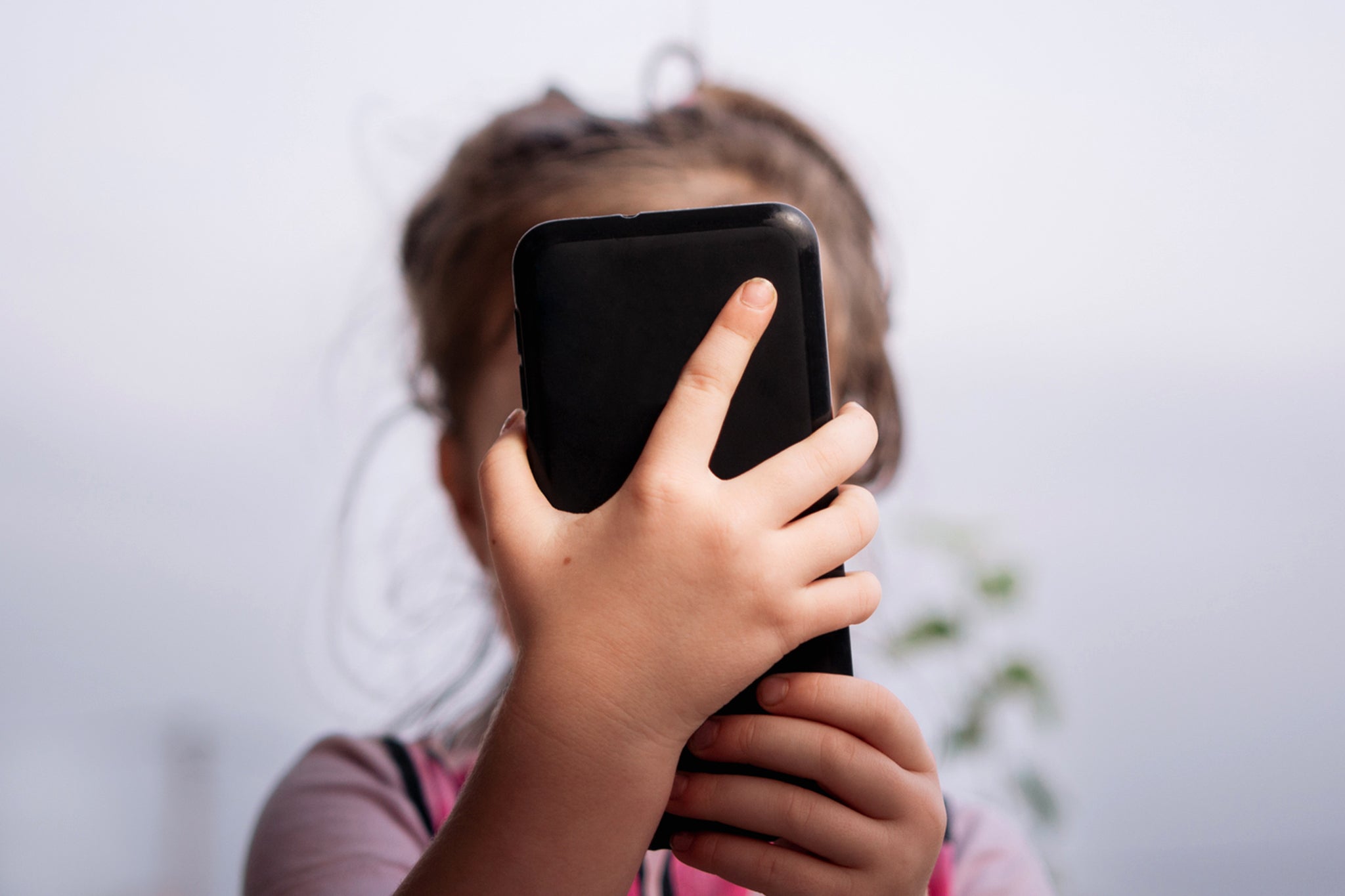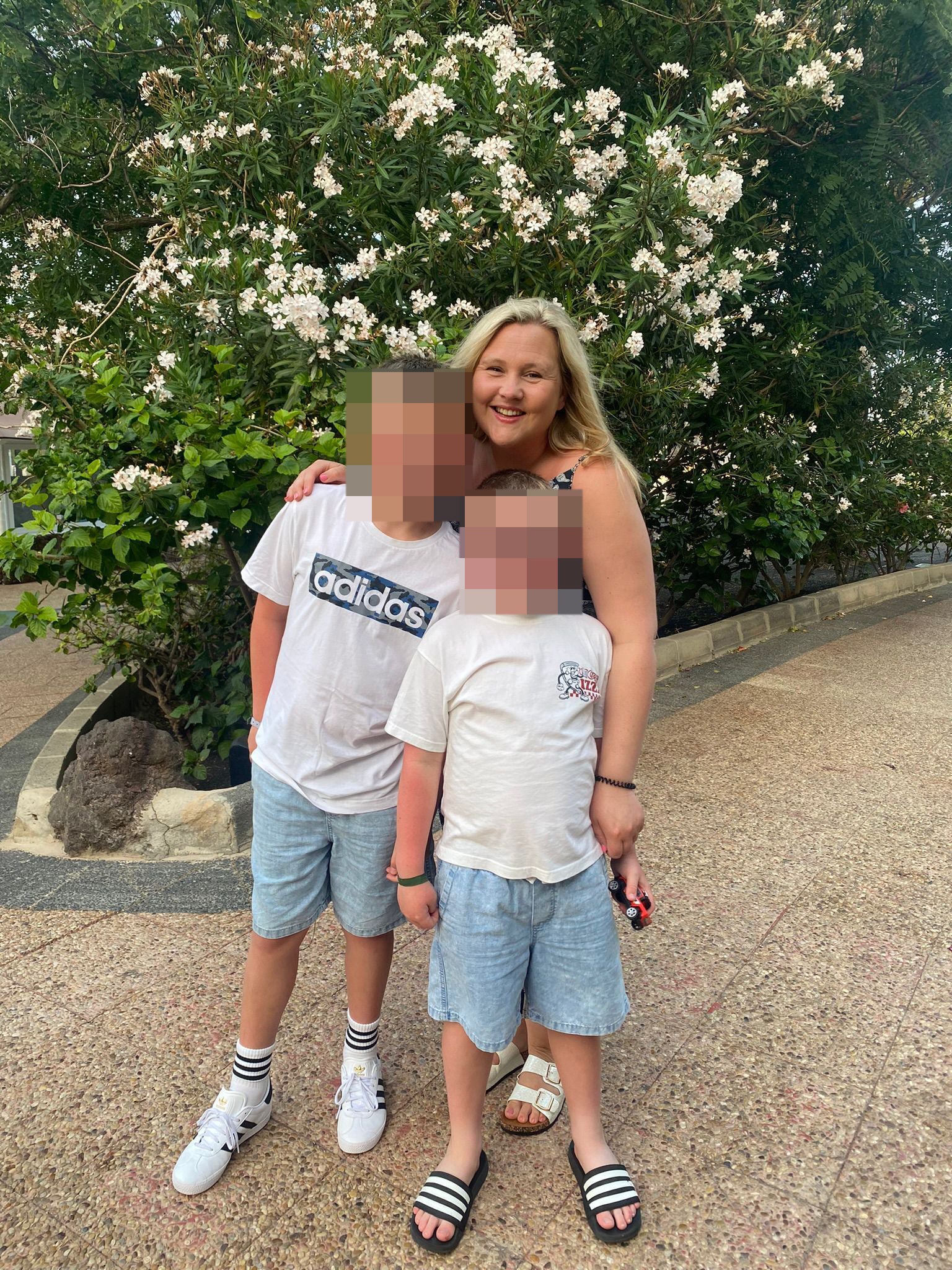Homophobia rife in schools as three-quarters of primary age children report hearing derogatory comments
Primary school children are using the word gay as an insult, influenced by trends on social media

Your support helps us to tell the story
From reproductive rights to climate change to Big Tech, The Independent is on the ground when the story is developing. Whether it's investigating the financials of Elon Musk's pro-Trump PAC or producing our latest documentary, 'The A Word', which shines a light on the American women fighting for reproductive rights, we know how important it is to parse out the facts from the messaging.
At such a critical moment in US history, we need reporters on the ground. Your donation allows us to keep sending journalists to speak to both sides of the story.
The Independent is trusted by Americans across the entire political spectrum. And unlike many other quality news outlets, we choose not to lock Americans out of our reporting and analysis with paywalls. We believe quality journalism should be available to everyone, paid for by those who can afford it.
Your support makes all the difference.Homophobic language is rife among young children with three-quarters of nine- to 11-year-olds reporting hearing it, according to new research.
Charity Just Like Us surveyed more than 31,000 pupils across the UK, including 4,307 primary school children aged nine to 11. The vast majority - 78 per cent - of the primary school children said they had heard homophobic language, and 80 per cent of secondary school pupils reported the same.
Some primary school children cited the social media app TikTok as the place where they had heard the word gay being used as a derogatory insult. Others said children were repeating homophobic language without knowing what it meant.
TikTok said, as per its community guidelines, it does not allow content that includes a hateful slur or attacks a person or group on the basis of their gender, gender identity, sex, or sexual orientation.

The survey was carried out in June as part of teaching by VotesForSchools, a current affairs platform that engages children in social and political issues.
One child in Sandhurst told researchers: “We mainly hear people call each other ‘gay’ as an insult or a joke. This is because we see it trending on TikTok.”
One viral trend on TikTok, known as ‘English or Spanish?’, sees the creator stop random people and tell them: “Whoever moves first is gay.” The videos, some of which have more than 11 million likes on the app, see people freeze rather than be perceived as gay.
The trend is known as ‘English or Spanish’ because the original creator of the trend asked people which nationality they were first so he could communicate the challenge in the right language.
Charlie, 35, who is based in Hertfordshire and has two young boys, told The Independent: “It feels like it’s in fashion at the moment for children to use the word gay as an insult or joke. They’ve made it into games at school. The English or Spanish trend has become more of a thing in the last few months.
“I have close relatives who are part of the LGBTQ+ community. I’ve had conversations with my boys about why the games aren’t funny. It’s being used in very negative ways and it shouldn’t be.”
Her 11-year-old son Reggie said: “My friends are saying it but they say it’s just a joke. Some people have also been saying when the bell rings: ‘Last one to the line is fat, ugly and gay.’ Some people were also rude to a boy in my class who likes pink things. I stepped in and said they shouldn’t say that about someone, they can like what they want to like.”

One LGBTQ+ parent called Matt said his nine-year-old son Jacob was with his friends when they began playing a TikTok game where you had to guess things and if you got it wrong you were called gay.
Matt explained: “At first, Jacob tried to join in, but after a while, he started to feel uncomfortable with the game. He eventually told his friends: ‘I’m not playing this anymore.’ One of his friends immediately shot back: ‘Well, you’re gay’.
“Jacob replied: ‘No I’m not, but my foster carers are gay and what’s wrong with that?’ His friends didn’t say anything after that, but Jacob was left feeling upset and angry. He felt like the game and their comments were hurtful, and he didn’t understand why being gay was being used as an insult.”
Matt added: “It’s upsetting that even in 2024, homophobic language is still a problem.”
Laura Mackay, chief executive of Just Like Us, said: “Homophobic language should never be dismissed as ‘just a joke’ because we know it has real-life consequences, impacting the self-esteem and feelings of shame among LGBT+ young people and those from same-sex families. We are worried about young people reporting a rise in games aimed at children on TikTok where gay is being used as a derogatory insult.”
TikTok partners with organisations like GLAAD and Stonewall to inform its approach and between April and June 2024, it removed 88% of videos for violating hate speech policies before they were reported.
Join our commenting forum
Join thought-provoking conversations, follow other Independent readers and see their replies
Comments